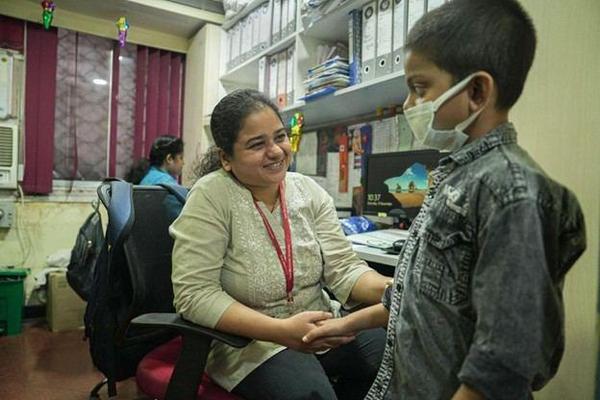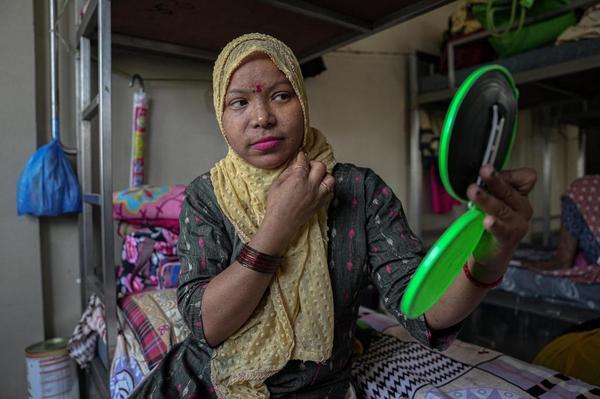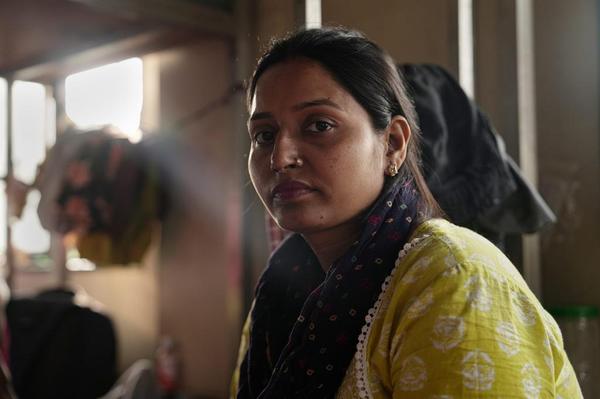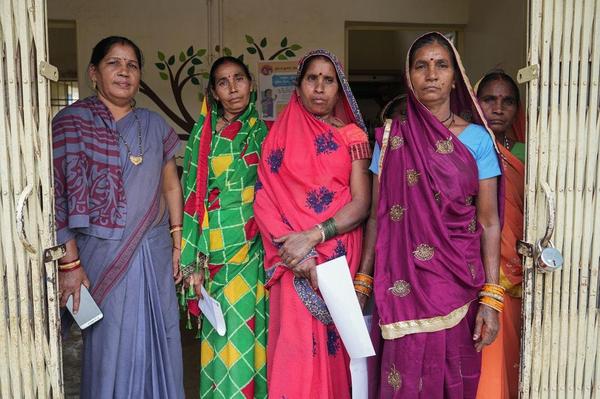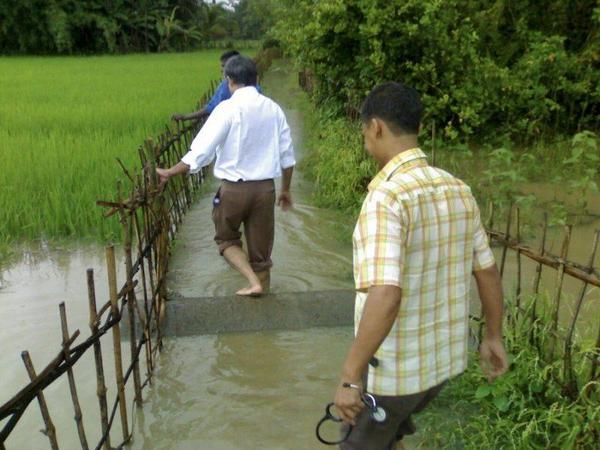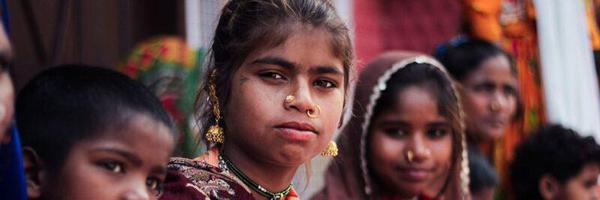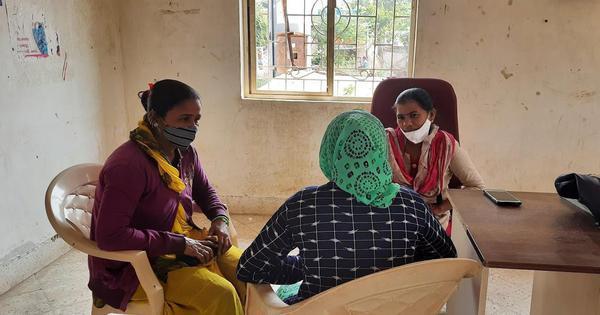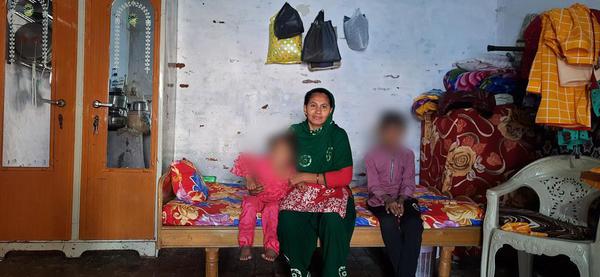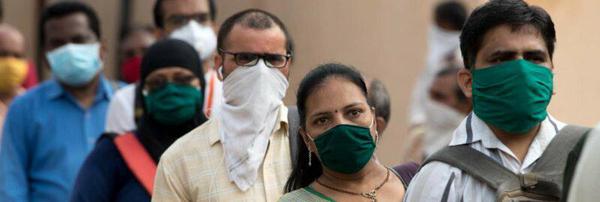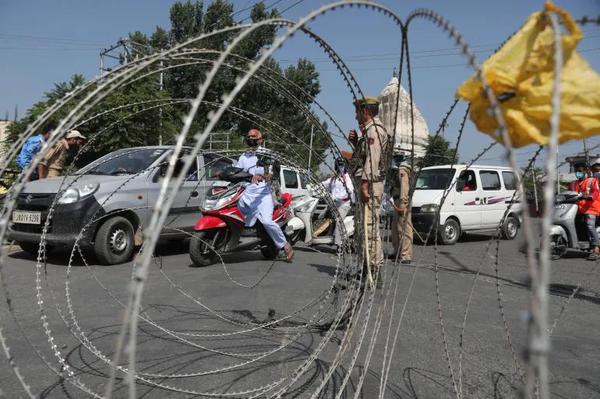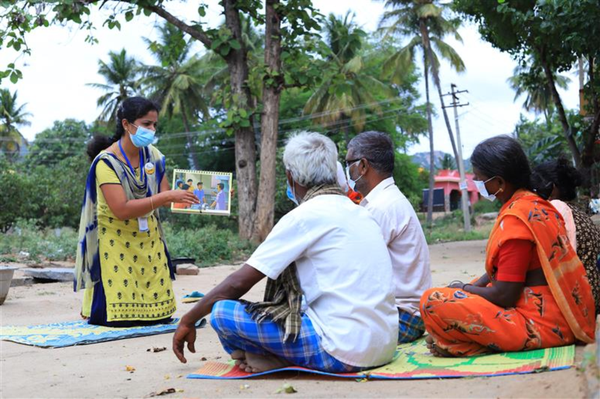
US aid freeze leaves TB survivors in India 'high and dry' | Context by TRF
A TB survivor advocates for patient services in Krishnagiri, Tamil Nadu in July 2023. REACH/Handout via Thomson Reuters Foundation
India has world's highest number of TB cases
Government targets eradication this year
Study shows infections, deaths may soar without US funding
AHMEDABAD, India - Sudeshwar Singh, a tuberculosis survivor and health activist, used to coordinate and mentor about 800 advocates in India's eastern state of Bihar, part of a grassroots network that plays a pivotal part in...
India has world's highest number of TB cases
Government targets eradication this year
Study shows infections, deaths may soar without US funding
AHMEDABAD, India - Sudeshwar Singh, a tuberculosis survivor and health activist, used to coordinate and mentor about 800 advocates in India's eastern state of Bihar, part of a grassroots network that plays a pivotal part in...
